Long-range planning does not deal with future decisions, but with the future of present decisions
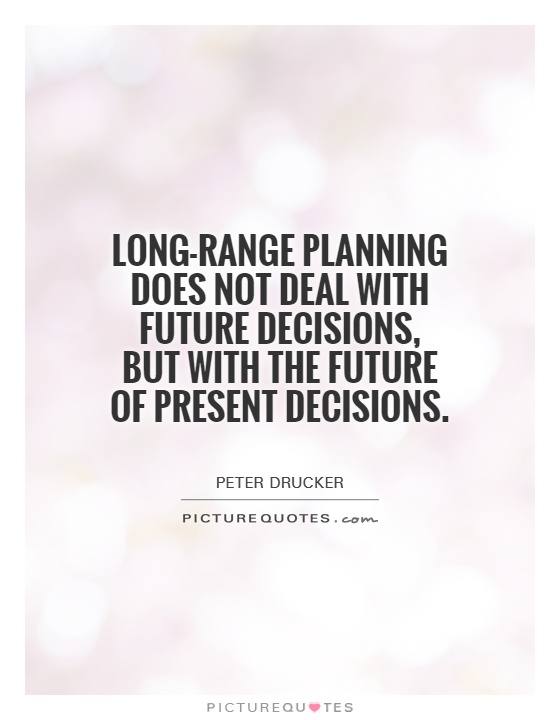
Long-range planning does not deal with future decisions, but with the future of present decisions
Peter Drucker, often referred to as the father of modern management, was a renowned management consultant, educator, and author who made significant contributions to the field of management theory. One of his most famous quotes is, “Long-range planning does not deal with future decisions, but with the future of present decisions.” This statement encapsulates Drucker’s belief that effective long-range planning is not about predicting the future, but rather about understanding the consequences of current actions and decisions.Drucker emphasized the importance of taking a proactive approach to planning, rather than simply reacting to external forces or events. He believed that organizations should focus on creating their own future by making informed decisions in the present. By carefully considering the potential outcomes of their actions, organizations can better position themselves for success in the long term.
Drucker’s philosophy on long-range planning is rooted in the idea that the future is not predetermined, but rather shaped by the choices we make today. He believed that organizations should be constantly evaluating their strategies and adjusting course as needed to stay ahead of the curve. By taking a proactive approach to planning, organizations can anticipate potential challenges and opportunities, and position themselves to capitalize on them.
Drucker also emphasized the importance of aligning long-range planning with the overall goals and mission of the organization. He believed that planning should be driven by a clear understanding of the organization’s purpose and values, and that decisions should be made with these in mind. By staying true to their core values and objectives, organizations can ensure that their long-range planning efforts are focused and effective.

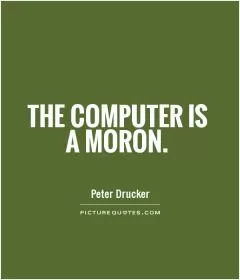

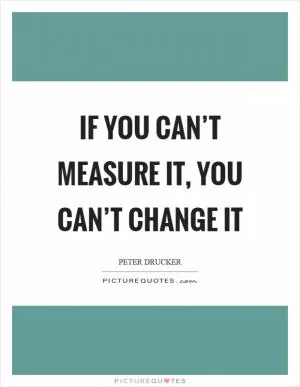
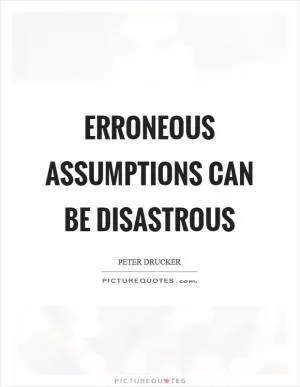



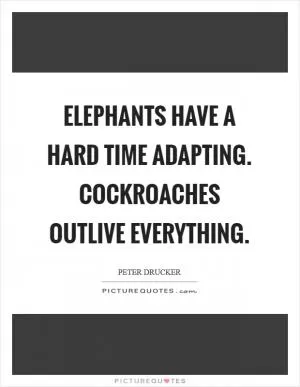
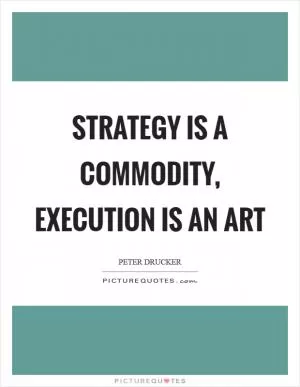
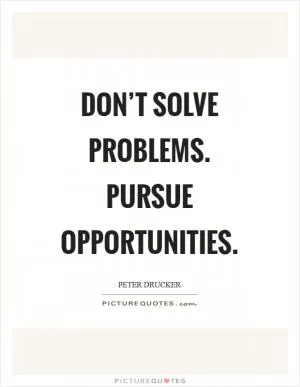
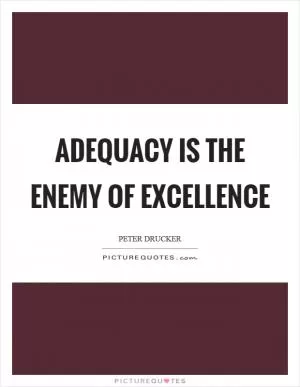
 Friendship Quotes
Friendship Quotes Love Quotes
Love Quotes Life Quotes
Life Quotes Funny Quotes
Funny Quotes Motivational Quotes
Motivational Quotes Inspirational Quotes
Inspirational Quotes